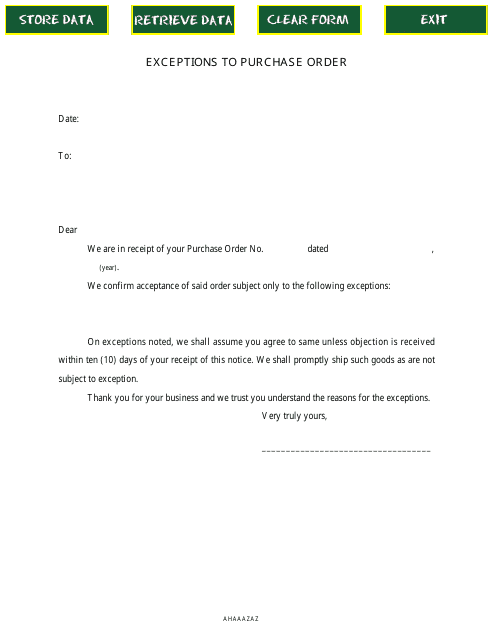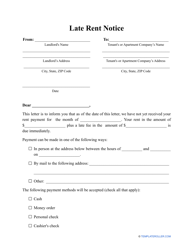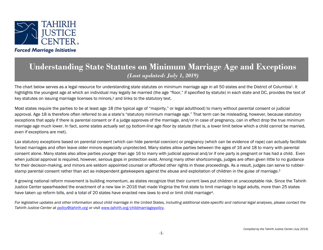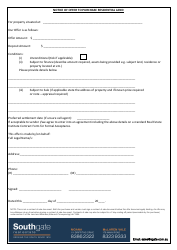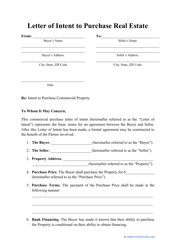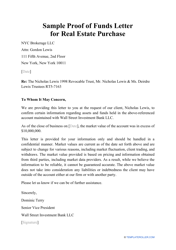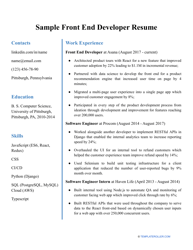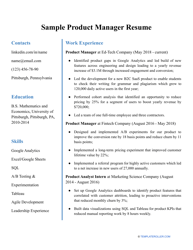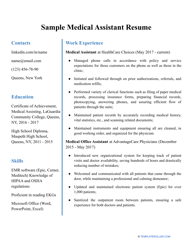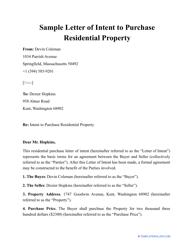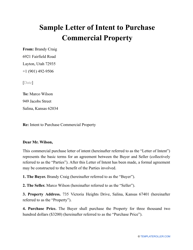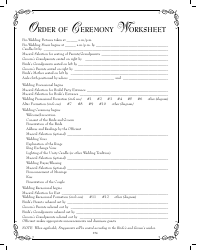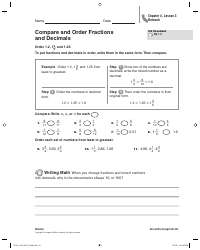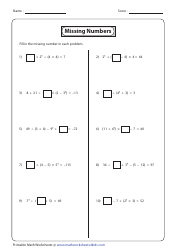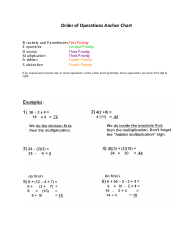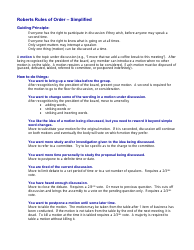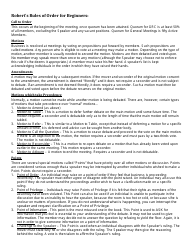Exceptions to Purchase Order
Exceptions to a Purchase Order are typically made when there are changes or discrepancies in the original order. They are used to communicate any modifications or issues that may affect the purchase or delivery of goods or services.
The Exceptions to Purchase Order are typically filed by the purchasing department or the procurement team.
FAQ
Q: What are exceptions to a purchase order?
A: Exceptions to a purchase order are situations that deviate from the standard terms and conditions outlined in a purchase order.
Q: Can you give some examples of exceptions to a purchase order?
A: Examples of exceptions to a purchase order include changes in price, quantity, delivery date, or specifications of the ordered goods or services.
Q: What should I do if there are exceptions to a purchase order?
A: If there are exceptions to a purchase order, you should communicate with the seller or supplier to resolve the discrepancies and come to an agreement on any necessary changes.
Q: Are exceptions to a purchase order common?
A: Exceptions to a purchase order can occur occasionally, especially in complex transactions or when there are unforeseen circumstances. However, it is generally ideal to minimize exceptions to ensure smooth transactions.
Q: What happens if exceptions to a purchase order are not resolved?
A: If exceptions to a purchase order are not resolved, it can lead to disputes, delays, or even cancellation of the order. It is important to address any exceptions promptly to avoid complications.
